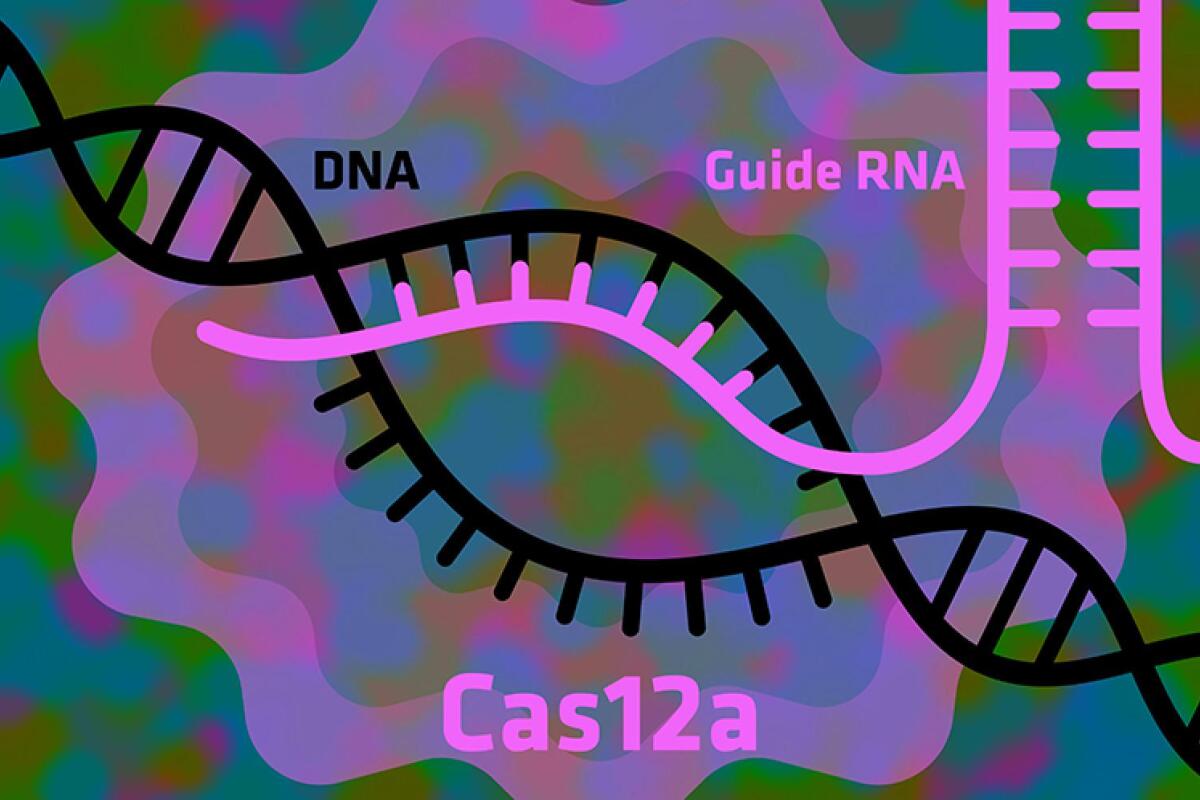Things are heating up in the world of CRISPR gene editing. With the first human trials using the experimental technology set to commence soon, the research community has been facing a series of controversial studies suggesting the process is not as safe or accurate as previously thought. Now, a team of scientists from the University of Texas at Austin claims a simple enzyme change could help increase the precision and safety of the process.
CRISPR is an acronym for Clustered Regularly Interspaced Short Palindromic Repeats, and the way the tool generally works is that it searches a genome for specific sections of DNA, using short RNA sequences as its guide. Once it has homed in on its specific target an enzyme called Cas9 binds to the DNA and either cuts out an undesired gene or replaces it.
While Cas9 may have been one of the first easily programmable molecules used for this kind of gene editing, it may not be the most effective. A growing body of divisive research is finding problems with the accuracy of Cas9, revealing it can possibly continue to make cuts in areas outside of the intended target.
Researchers behind this new study are suggesting that it's a kind of traditional intractability that is causing scientists to stick with Cas9, when it may not be the most effective or accurate enzyme to use in the process.
"The overall goal is to find the best enzyme that nature gave us and then make it better still, rather than taking the first one that was discovered through historical accident," says co-author on the new study, Ilya Finkelstein.
The new study was inspired by a body of anecdotal research suggesting a lesser-known CRISPR enzyme, called Cas12a, could be more accurate than the traditional Cas9. Comparing the two enzymes, the researchers claim that whereas Cas9 works like superglue, Cas12a is more like a Velcro strap.
"Both Cas9 and Cas12a nucleases rely on a 20-nucleotide long guide RNA to identify target DNA," explains Finkelstein, with co-author Isabel Strohkendl. "But Cas9 tolerates sequence errors in half of the guide, whereas Cas12a only tolerates sequence errors at very few positions."
Essentially, this means that Cas9 is much more likely to be less discriminating in its tendency to bind to, and cut, off-target sites, whereas Cas12a is much more careful in bonding with a specific target. But the researchers are cautious in claiming Cas12a is better or more effective in any and all gene editing cases. While early experiments are showing it to be more precise, it isn't effective for every gene target.
"One puzzling finding is that in some gene targets, Cas9 appears more efficient, whereas in others Cas12a is the tool of choice over Cas9," say Finkelstein & Strohkendl. "The practical reality is that a toolbox of different and diverse CRISPR enzymes will broaden our ability to edit across the entire genome. As with most other biomedical applications, I don't anticipate that a single enzyme will fit all use cases."
Looking forward the team is determined to spend more time working to better engineer the Cas12a enzyme in the hopes of making it akin to a "precision scalpel" able to accurately cleave DNA with no errors or off-target effects.
The research was published in the journal Molecular Cell.




